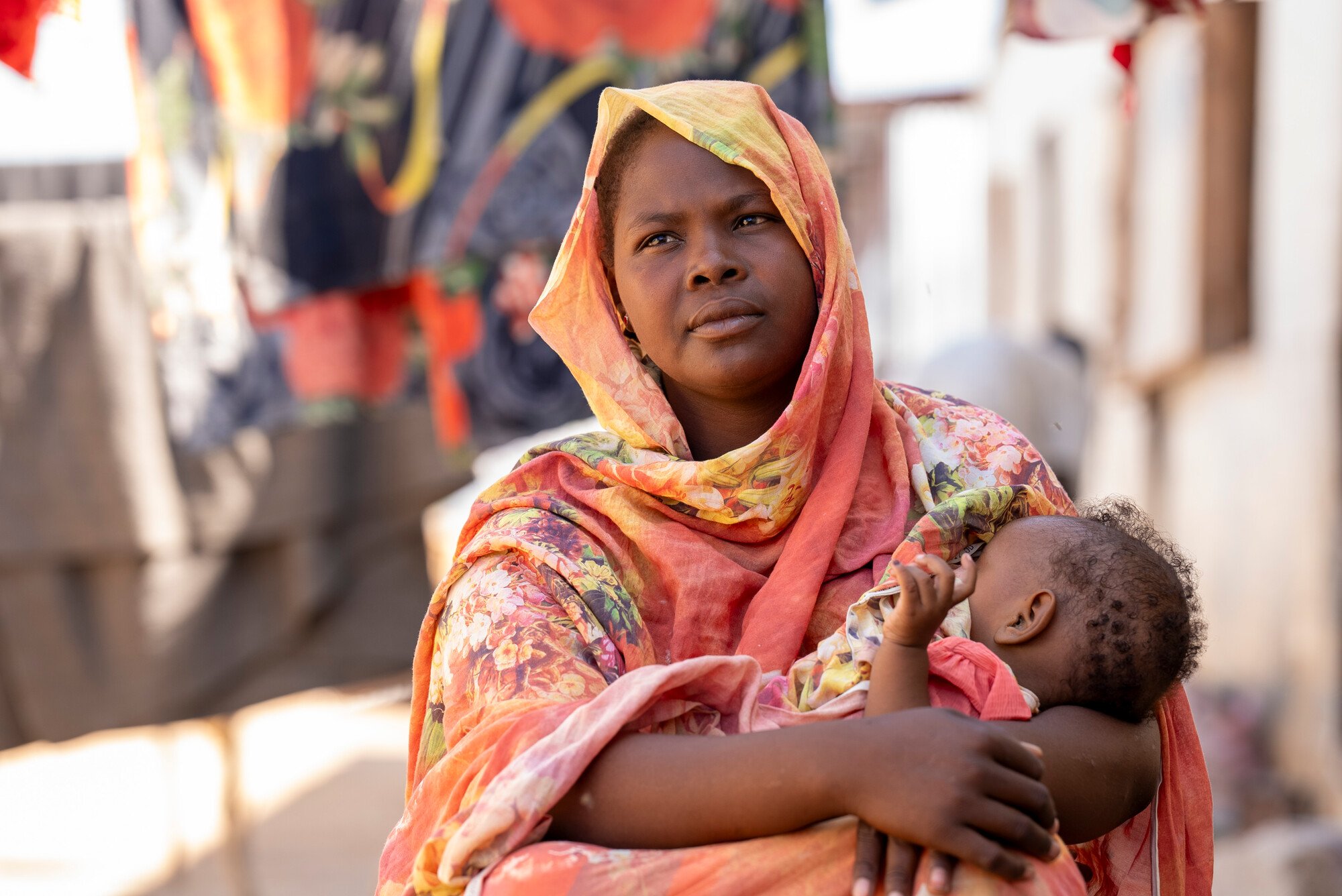Briefs
Search briefs
-
Briefing paper
Climate, Poverty, and Justice
What the Poznań UN climate conference needs to deliver for a fair and effective global climate regime

-
Briefing paper
Ending the R&D Crisis in Public Health
Diseases that disproportionately affect the developing world cause immense suffering and ill health. Medical innovation has the potential to deliver new medicines, vaccines, and diagnostics to overcome these diseases, yet few treatments have emerged. Current efforts to resolve the crisis are inadequate: financing for research and development (R&D) is insufficient, uncoordinated, and mostly tied to the system of intellectual property rights. Delivering appropriate medicines and vaccines requires reforms to the existing R&D system and a willingness to invest in promising new approaches.

-
Briefing paper
If Not Now, When?
Three actions the G20 must take now to protect the world's poor from the economic crisis and build a new political and economic governance system.

-
Briefing paper
Double-Edged Prices
Lessons from the food price crisis: 10 actions developing countries should take

-
Briefing paper
Mission incomplete
Why civilians remain at risk in eastern Chad

-
Briefing paper
Climate Wrongs and Human Rights
Putting people at the heart of climate-change policy




